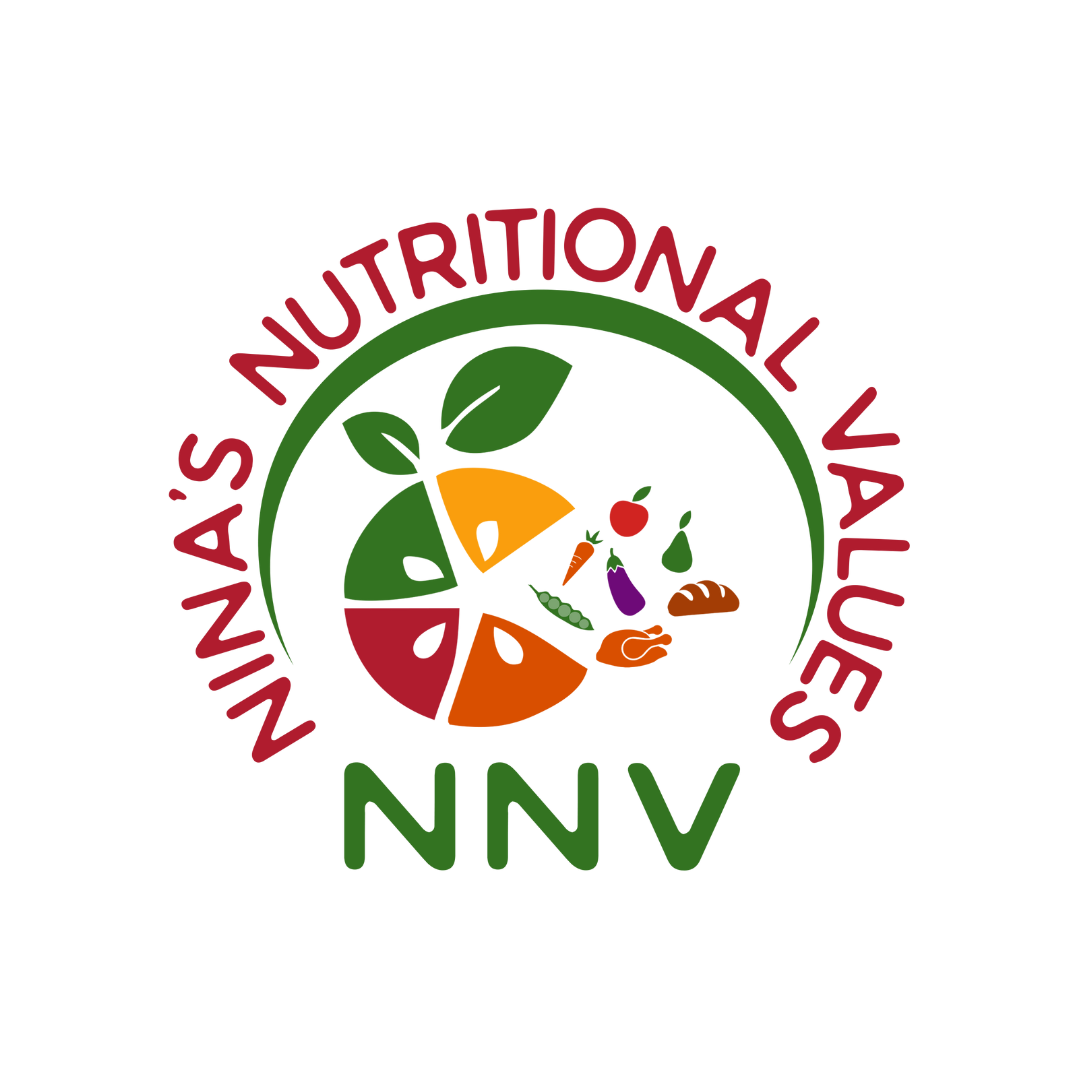Understanding and Managing “Food Noise”
Can’t stop thinking about the unhealthy foods you love? Contrary to age-old beliefs, food cravings are more complex than willpower. Food noise that contributes to overeating and obesity is often a sign of an internal imbalance. This understanding helps you make choices that can quiet your cravings.
What Is “Food Noise”?
If you ruminate daily about what and when you’ll eat next, or you occasionally obsess about food, this is the “noise” I’m referring to. As mentioned above, the age-old belief that if you give into fatty, salty, high-sugar, and unhealthy foods is that you lack willpower. In many cases, this isn’t true.
Even if you don’t take them, one of the positive side effects of weight loss medication is debunking the food-willpower myth. This is because GLP-1 medications regulate food-craving-related hormones. The hormone-hunger connection is something dietitians and weight loss experts have always understood, but it’s taken many health and medical professionals time to catch up.
How Hormones Impact Food Noise
Hormones are chemical messengers that influence and control bodily functions. There are over 50 hormones in your body. Weight loss medication contains the GLP-1 hormone, which influences metabolism and other hunger hormones, including leptin and ghrelin. Fluctuating estrogen, serotonin, insulin, and cortisol levels can also impact appetite, along with a range of bodily functions.
Some Foods Increase Cravings
Sometimes a craving isn’t related to a hormonal imbalance. When you regularly overconsume sugar, salt, and other processed ingredients, your body craves more. So, when you first cut back on these foods, you’ll need your willpower. The first 48 to 72 hours are the hardest, but your cravings will subside over the next 3 weeks.
This is long enough for your body to generate new taste buds and begin balancing your gut bacteria. Cravings in the first 3 weeks after transforming your nutrition are “bad” gut bacteria wanting more of the unhealthy foods they feed on.
Stress Eating and Comfort Eating
Indulging in the foods you love activates your body’s reward response by boosting feel-good hormones, including serotonin and dopamine. Learning your food cue reactivity triggers helps you identify healthy ways to reward your body. Maybe take a 10-minute walk, call a friend, engage in a hobby, listen to upbeat music, or complete a few rounds of deep breathing exercises. Find what works for you.
Top food cue triggers:
Boredom: When you’re bored, eating is something to pass the time. This can lead to mindless eating where you eat a whole bag of chips or overconsume healthy foods and snacks.
Habitual: These are foods you eat in specific settings. For example, your favorite holiday desserts, what you eat at the movie theater, or foods you associate with people and places.
Sensory triggers: The smell of popcorn in a movie theater, mouthwatering imagery on TV or online, or imagining the texture of your favorite dessert.
Comfort eating: Stress, worry, anxiety, grief, and depression don’t feel good, which can tempt you to eat to feel better, creating a vicious cycle.
Are You Hungry or Thirsty?
If you’re hungry between meals and aren’t craving anything particular, it might be thirst. Hunger pangs and thirst pangs feel the same, so try drinking 8 ounces of water or unsweetened herbal tea.
Let’s Work Together to Silence Your Food Noise
As a dietitian, my role is to help you create filling and delicious meals that promote hormonal balance. This is especially important as your hormones begin to fluctuate in your 40s and 50s. Reach out to discuss tailoring your nutrition to support your lifestyle, mind, and body!

